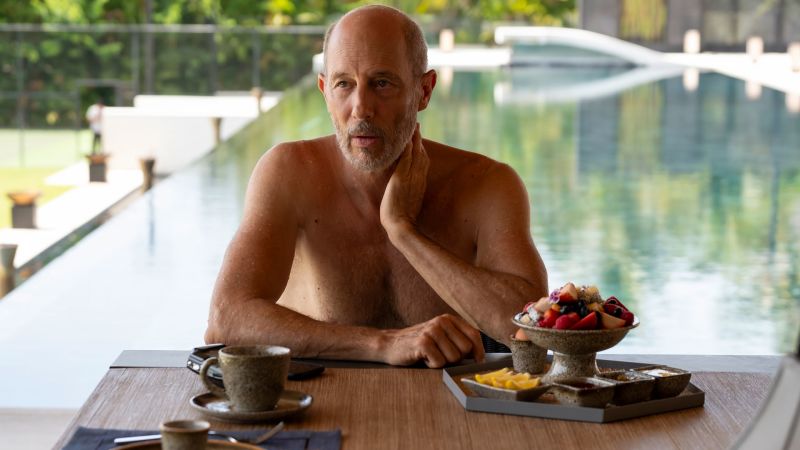The highly anticipated third season of “The White Lotus,” which kicked off last month, has captivated audiences with its signature ability to stir emotions and challenge perceptions. One of the most startling moments occurred when the character Belinda, played by the talented Natasha Rothwell, encountered a familiar face at the luxurious resort in Thailand: Greg Hunt, portrayed by Jon Gries. Greg is known for his complicated relationship with the now-deceased Tanya McQuoid, who was a pivotal character in previous seasons. The reunion hints at underlying tensions and unresolved pasts, setting the stage for drama and intrigue as the season unfolds.
As the narrative progresses, Greg has become an unexpected antagonist. This transformation is particularly evident when Belinda, driven by a sense of justice, begins investigating the circumstances surrounding Tanya’s mysterious death. Audiences learn that Greg, now adopting the name Gary, has skillfully avoided scrutiny from law enforcement, raising questions about his involvement—if any—in Tanya’s demise. Jon Gries reflects on this evolving portrayal, noting that as an actor in a show renowned for its twists, embracing the complexity of his character has provided both excitement and a source of challenge.
In an insightful interview, Gries recounted how he initially crafted Greg’s persona during Season 1, when the character exhibited signs of frailty and vulnerability. “In the beginning, I totally played him for a guy who was, you know, on his last legs,” says Gries, recalling Greg’s deflated state in the premiere season that aired in the summer of 2021 to critical acclaim. His intention was to discover the character’s empathetic side, understanding the struggles and experiences that shaped him. However, when approached by show creator Mike White for Season 2, Gries recognized he needed to recalibrate his understanding of the character, despite having envisioned a more comprehensive backstory for him.
In a pivotal moment, Gries recalls Simon White, the show’s creator, stating, “I’m writing it right now… If you’re in, I’ll continue writing.” This compelling prompt solidified Gries’s commitment to return, ultimately leading him to spend several months in Italy for filming, enhancing his connection to the character and the story.
Throughout filming, White provided Gries with insights that veered Greg towards a darker portrayal. Gries learned that the character would embody a “very sinister” presence, which became multifaceted and evident as the finale approached, marked by Tanya’s tragic end at Greg’s hands. As Season 3 launched, Gries found himself reworking Greg’s backstory yet again, inspired by real-life figures like convicted murderer Robert Durst and the notorious “Tinder Swindler.” This approach enabled Gries to adopt a more nuanced depiction of a character with disturbing complexities—one who evinces calmness coupled with a dangerous edge.
Gries explained how aspects of Durst’s personality informed his needle-leading performance as Greg, allowing him to explore the thin line between emotional restraint and looming volatility. He noted, “There’s a bridled rage underneath. And those kinds of people I find… fascinating.” This intricate psychopathy provided a fertile ground for exploring motivations, leaving audiences wrestling with the possibility of some redeeming qualities in Greg’s persona.
One significant turning point for Gries occurred during a frank discussion with White prior to filming in Thailand, in which White designated Greg as a “psychopath.” This revelation prompted Gries to return to his creative process and reassess Greg’s motivations, ultimately refining his performance for the layered character.
As the penultimate episode prepares to air on Sunday evenings, viewers anticipate the resolution of the plot that has captured their imaginations and reclaimed the art of appointment viewing from the binge-watching trend. Gries expressed his appreciation for the patience required in waiting for episodes, likening it to understanding “the beauty of waiting” and the necessity of processing intricate storytelling.
“The White Lotus” airs Sundays at 9 p.m. EDT on HBO, with episodes available for streaming on Max. This modern classic not only thrives on storytelling but also resonates with broader themes of human nature and morality, leaving a lasting impact on its audience.











